'A decisive decade': Pentagon says US ‘will not let’ China reshape Indo-Pacific region
Pentagon chief Lloyd Austin has accused China of seeking to reshape the Indo-Pacific region, saying that the United States will not allow that to happen.
China “is the only country with both the will and, increasingly, the power to reshape its region and the international order to suit its authoritarian preferences. So let me be clear: We will not let that happen,” Austin said at the Reagan National Defense Forum on Saturday.
The Pentagon chief added that “we stand in a decisive decade in Europe as well as in Asia” and “these next few years will set the terms of our competition with the People’s Republic of China. They will shape the future of security in Europe.”
Referring to the modernization of the country's military force, he said that the US is “aligning its budget as never before to the China challenge.”
“In our imperfect world, deterrence does come through strength,” he added.
“The department is putting its focus, its time and its money, where its mouth is, and so we're matching our investments with new operational concepts suited to 21st century deterrence in the Indo-Pacific,” Austin said.
He went on to say one of the meanings of deterrence is sea power, "so we're investing in the new construction of nine battle-force ships and our Columbia-class ballistic-missile submarines. And just last month, one of our Ford-class nuclear-powered carriers made its first transit to Europe.”
"The Pentagon is also concerned about Russia and remains committed to arming Ukraine while avoiding escalating that conflict into a US war with Moscow," he said at the forum, held at the Ronald Reagan Presidential Library.
“We will not be dragged into Putin’s war,” Austin said. “Still, between the two nuclear power threats, China remains the greater risk,” he added.
On Friday the Pentagon unveiled B-21 Raider, its first new strategic bomber in more than 30 years, a nuclear-capable bat-wing plane which is being designed to best the quickly growing cyber, space and nuclear capabilities of Beijing.
The bomber is part of a major nuclear triad overhaul underway that the Congressional Budget Office has estimated will cost $1.2 trillion through 2046.
It includes the Raider serving as the backbone of the future air leg of the triad, but it also requires modernizing the nation’s silo-launched nuclear intercontinental ballistic missiles and its nuclear submarine fleet.
Moreover, the Pentagon released its annual report last week on China, which said the Asian nation has doubled its number of nuclear warheads in a fraction of the time the US expected it to.
China could have roughly 1,500 nuclear warheads by 2038 – which are far less than what the United States possesses right now. The US maintained 5,550 nuclear warheads as of December 1 of this year.
But US military officials keep claiming that China will soon surpass Russia as the top nuclear threat to the United States, warning that the two nuclear powers have no mechanisms to avoid miscommunication.
China has reportedly accelerated the expansion of its nuclear arsenal due to a change in the country’s assessment of the threat posed by the US.
The US Defense Department has the largest discretionary budget of all the federal agencies, and it may receive up to $847 billion in the 2023 budget if Congress passes the current funding bill before this legislative session ends.
In a recent meeting with his Chinese counterpart, Austin said he made it clear that “the United States will continue to fly, to sail and operate wherever international law allows.”
The two western and eastern powerhouses currently disagree on just about every major issue, from human rights, Taiwan, the Ukraine war, North Korea, and the transfer of technology to the shape and naming of the map.
Former US president Donald Trump called China the “biggest adversary” of the United States, and brought Washington and Beijing into a political war by imposing heavy tariffs on Chinese goods.
Somaliland ready to give US access to its minerals, military bases: Minister
VIDEO | Iran's game changing retaliation boxes- part 1
VIDEO | Iran's game changing retaliation boxes- Part 2
VIDEO | Palestinian widow raises three kids in Gaza as her husband killed by Israel
Palestinian teen killed as raids and settler violence intensify across West Bank
Iran’s layered arsenal primed to deter – and decimate – US warships in Persian Gulf
Iranian commander dismisses US military buildup in West Asia as ‘theatrical gesture’
Trump ‘curious’ why Iran hasn’t ‘capitulated’ despite massive US military buildup: Witkoff


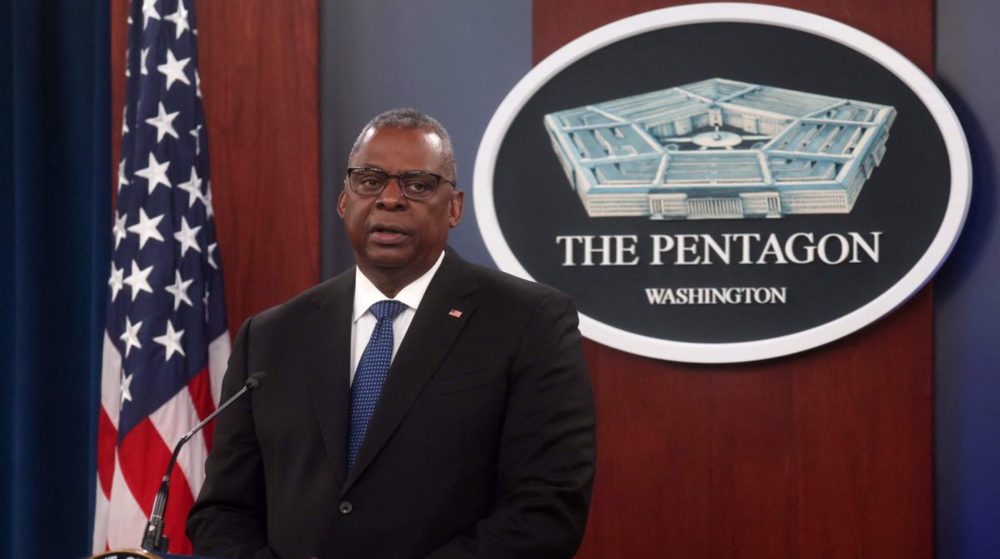
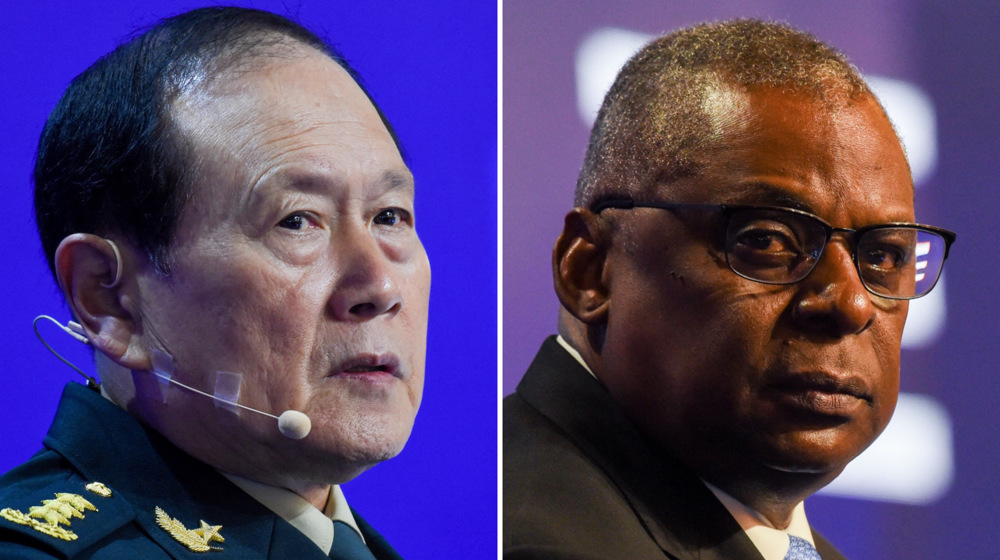
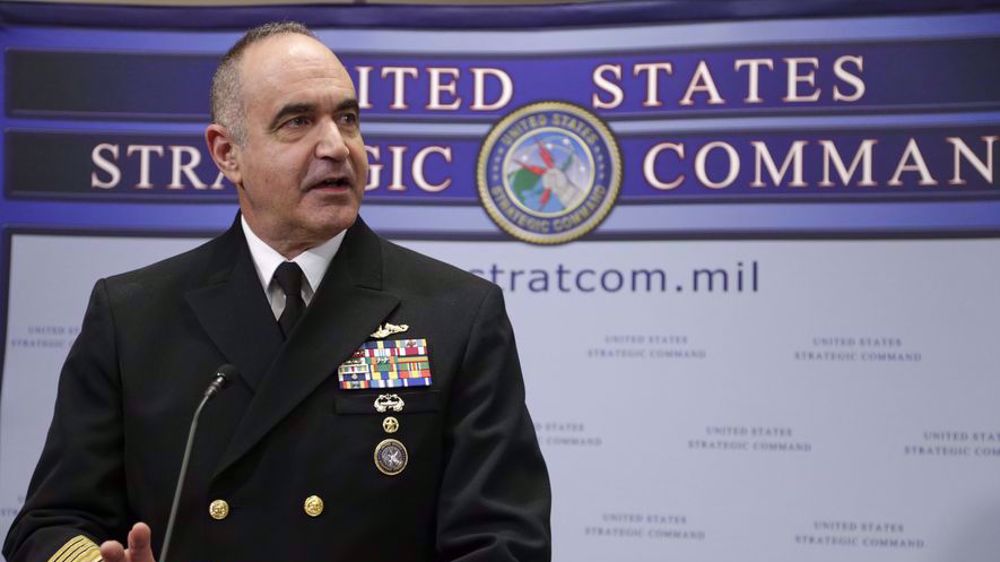
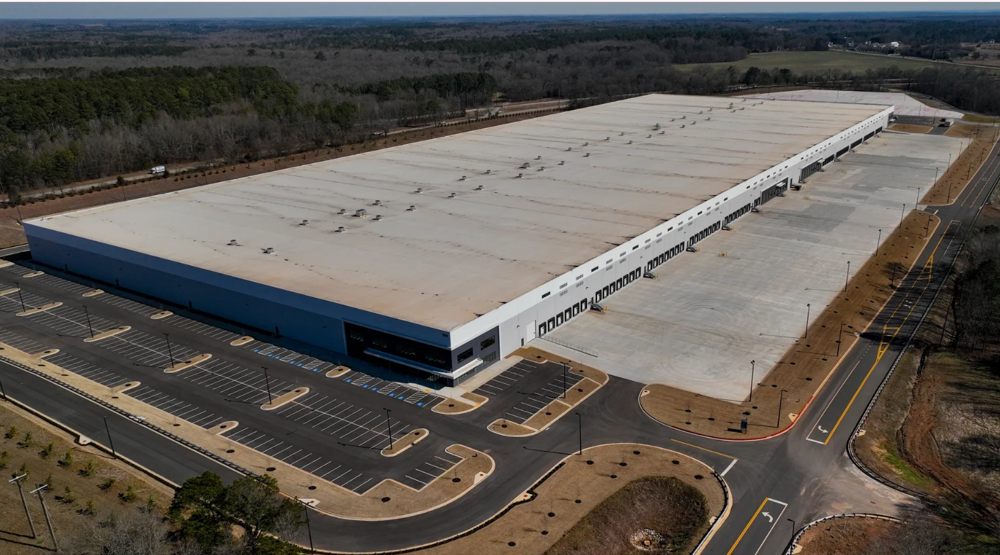
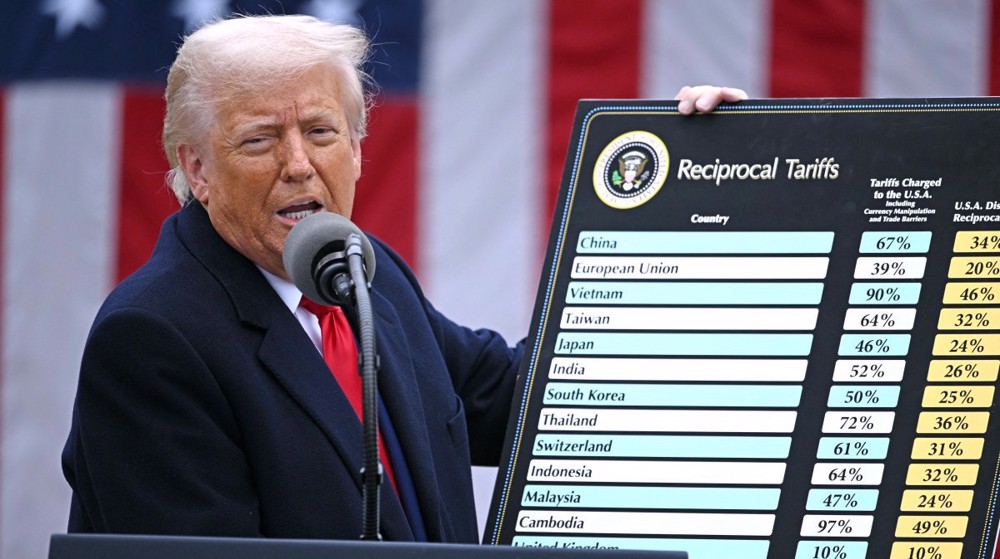




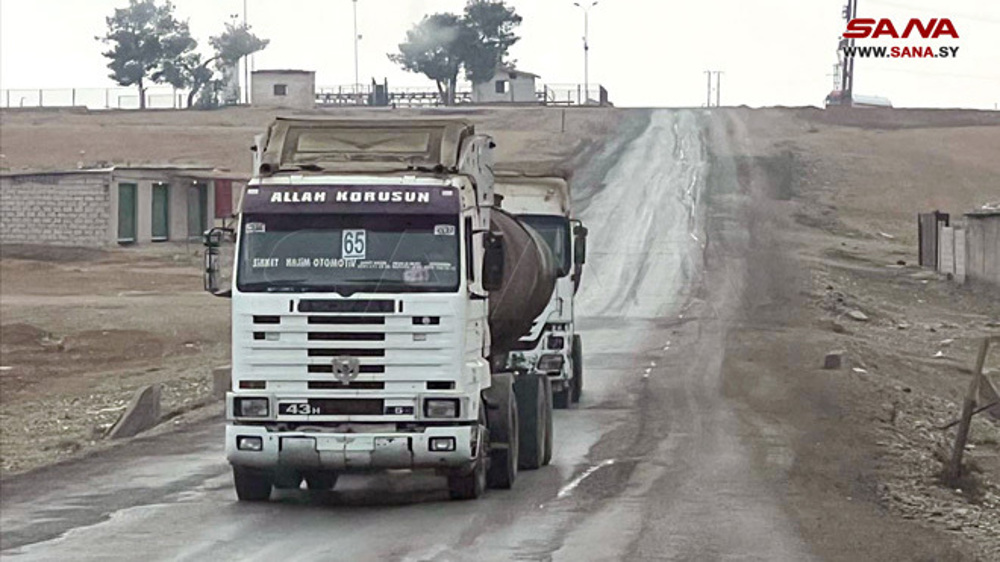
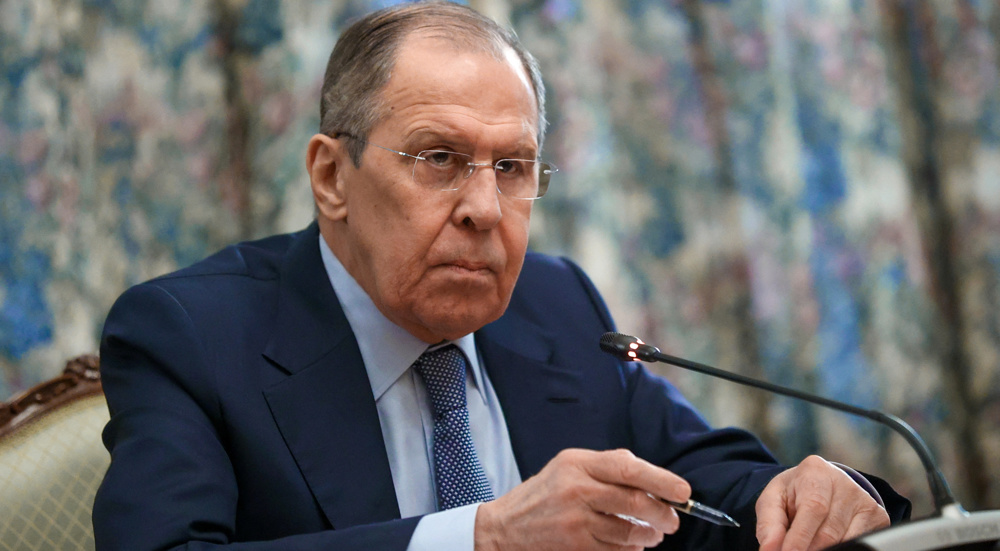
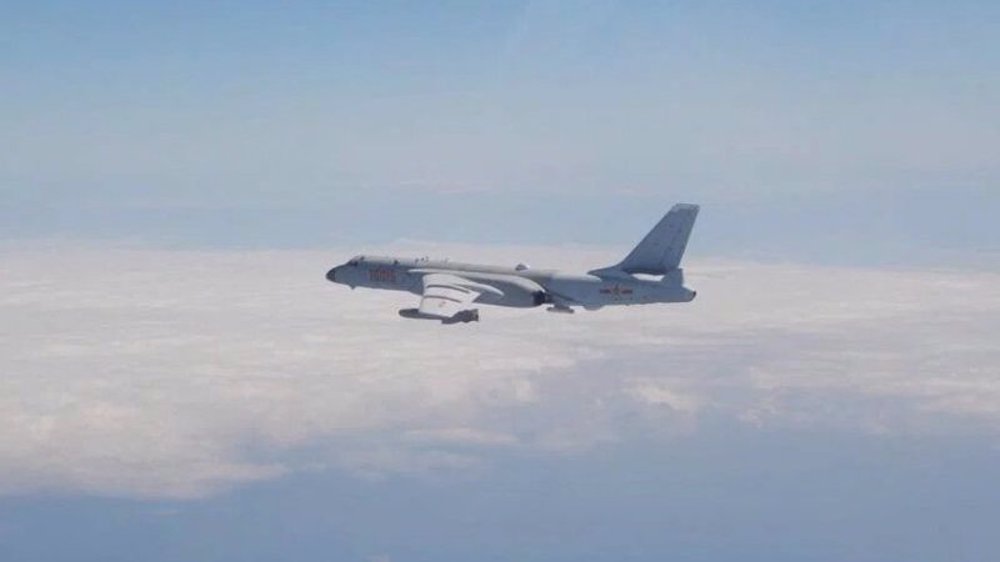
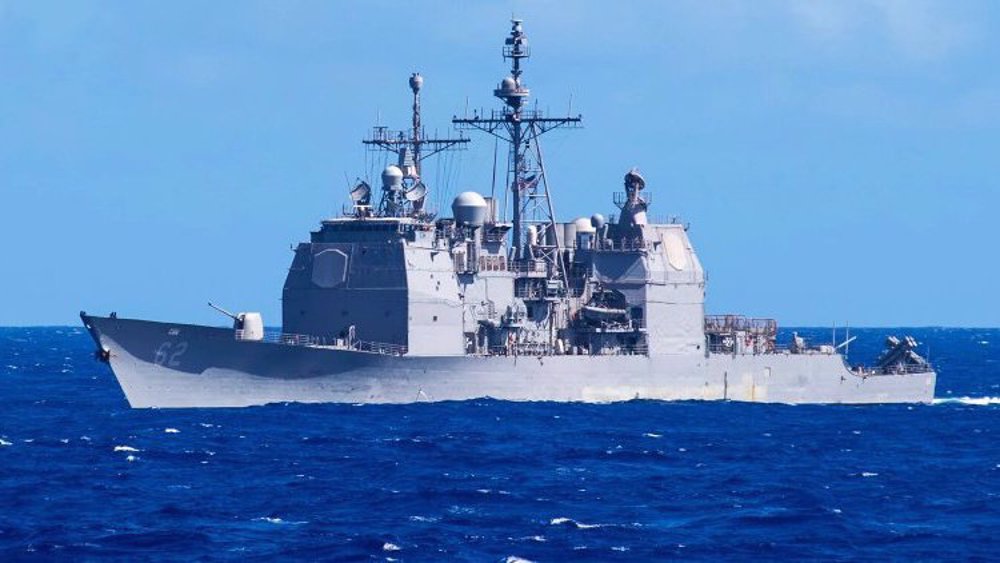


 This makes it easy to access the Press TV website
This makes it easy to access the Press TV website